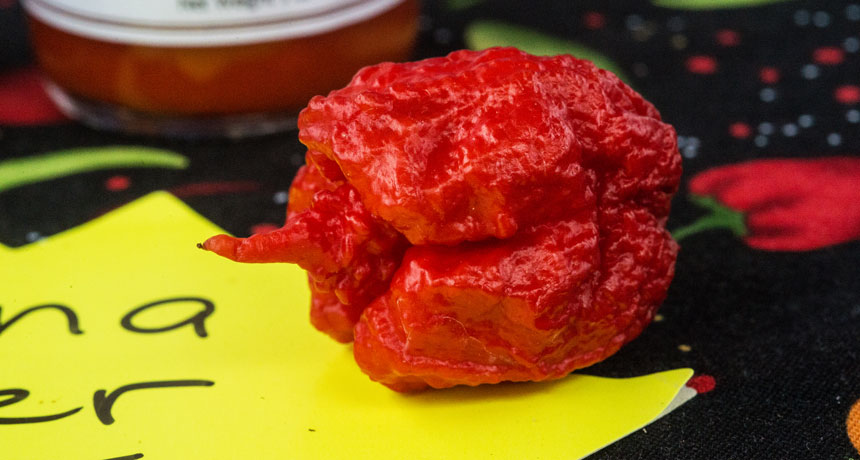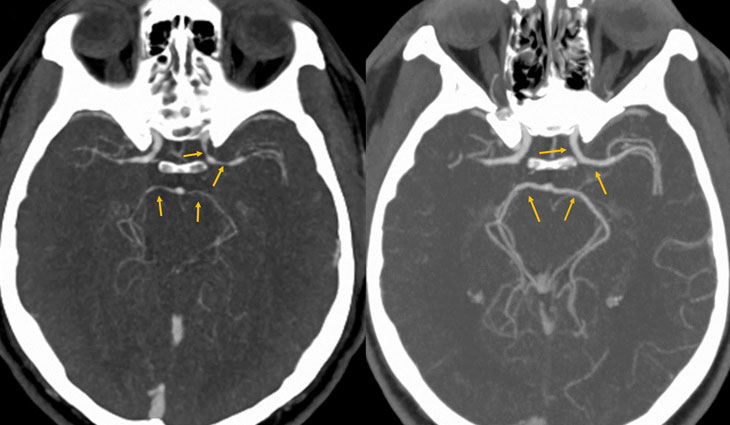blood vessel A tubular structure that carries blood through the tissues and organs.
capsaicin The compound in spicy chili peppers that imparts a burning sensation on the tongue or skin.
chemical A substance formed from two or more atoms that unite (bond) in a fixed proportion and structure. For example, water is a chemical made when two hydrogen atoms bond to one oxygen atom. Its chemical formula is H2O. Chemical also can be an adjective to describe properties of materials that are the result of various reactions between different compounds.
chili pepper A small vegetable pod often used in cooking to make food hot and spicy.
heart attack Permanent damage to the heart muscle that occurs when one or more regions of it become starved of oxygen, usually due to a temporary blockage in blood flow.
journal (in science) A publication in which scientists share their research findings with experts (and sometimes even the public). Some journals publish papers from all fields of science, technology, engineering and math, while others are specific to a single subject. The best journals are peer-reviewed: They send all submitted articles to outside experts to be read and critiqued. The goal, here, is to prevent the publication of mistakes, fraud or sloppy work.
pepper spray A weapon used to stop an attacker without causing death or serious injury. The spray irritates a person’s eyes and throat and makes breathing difficult.









